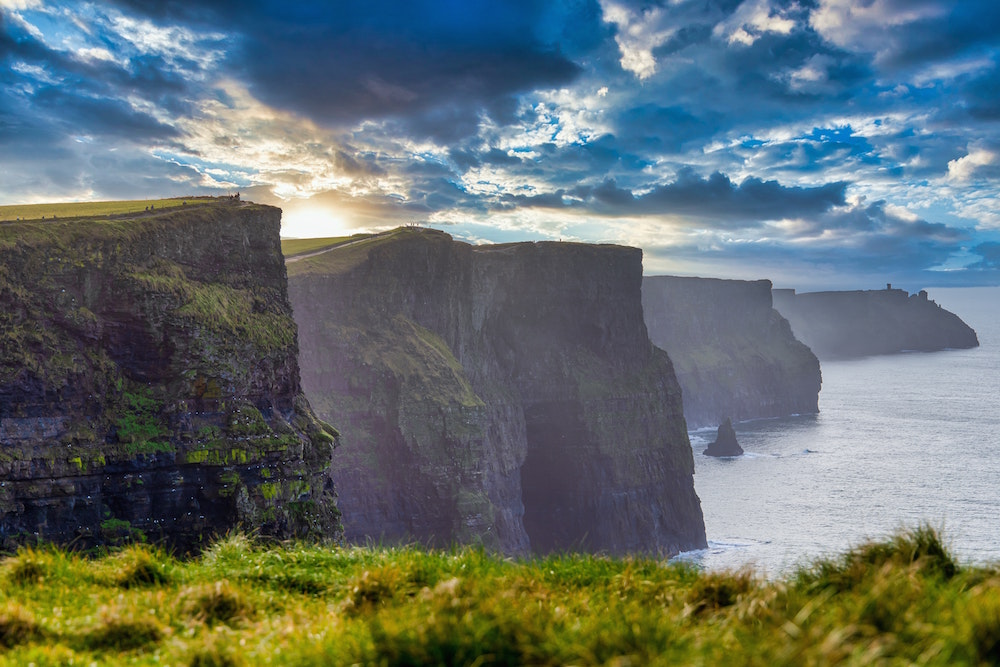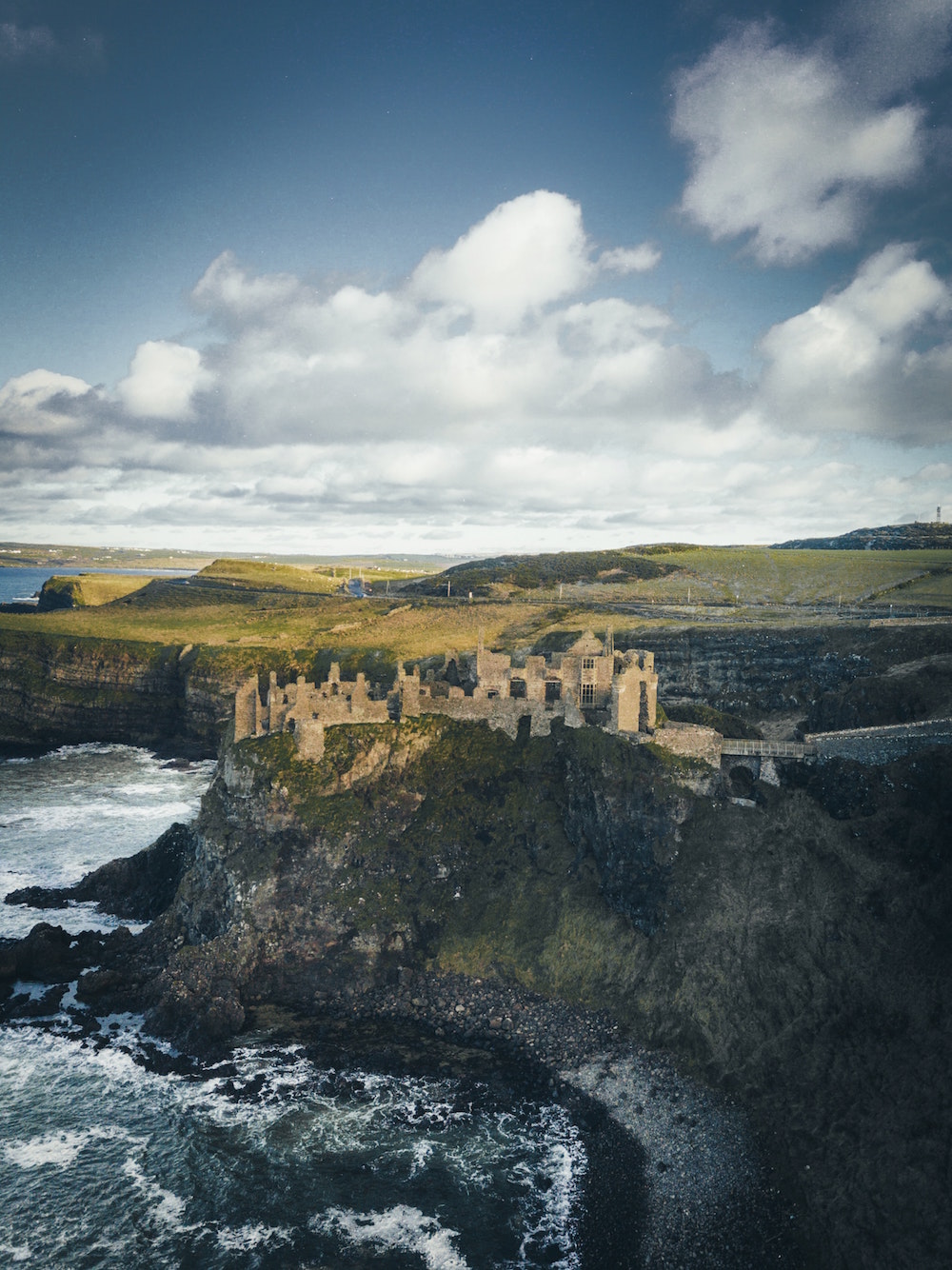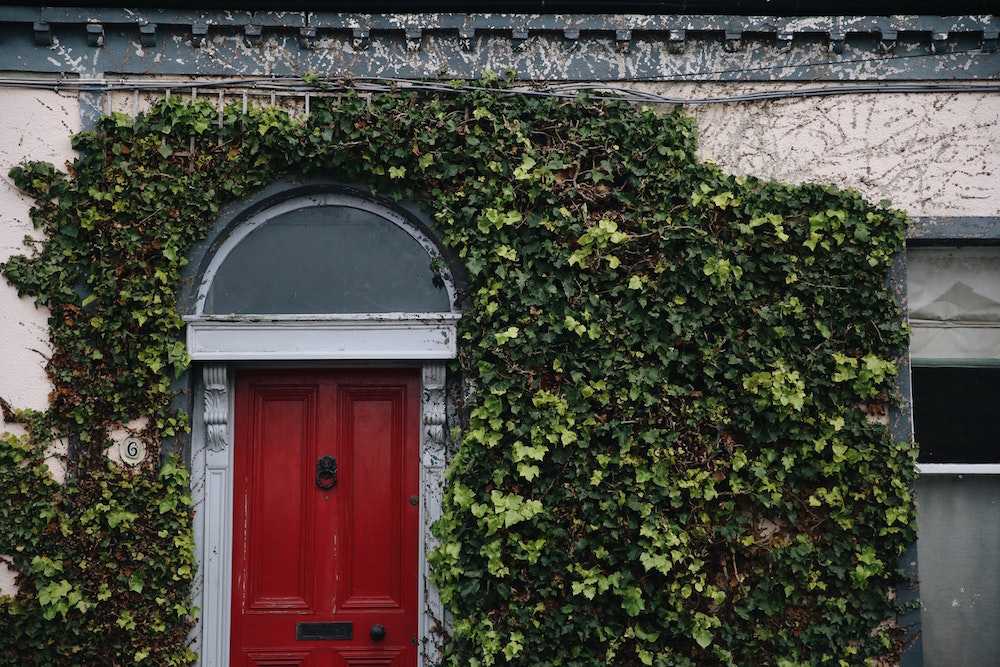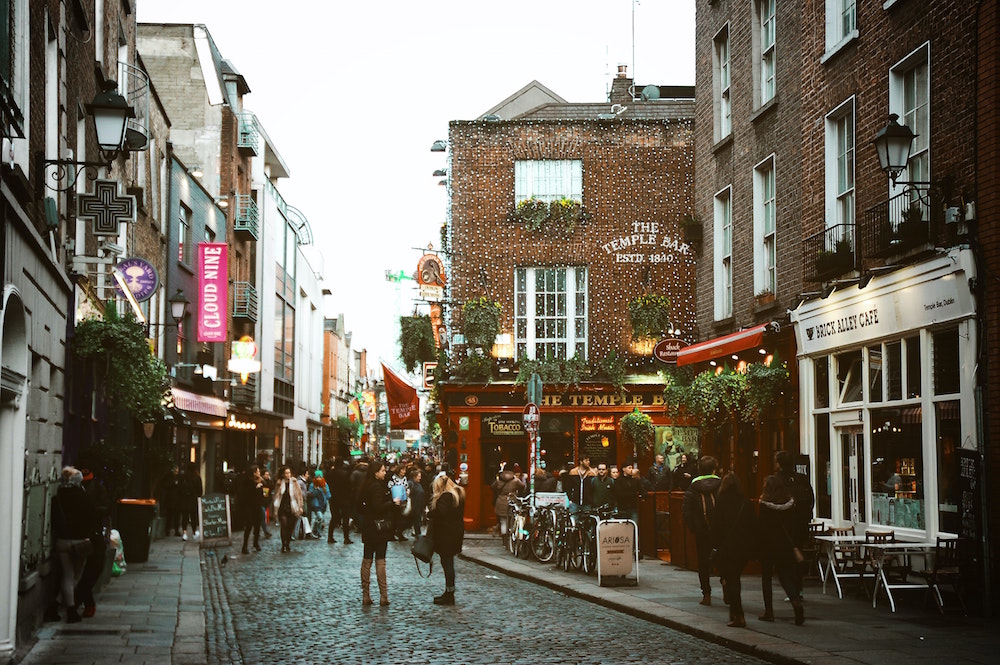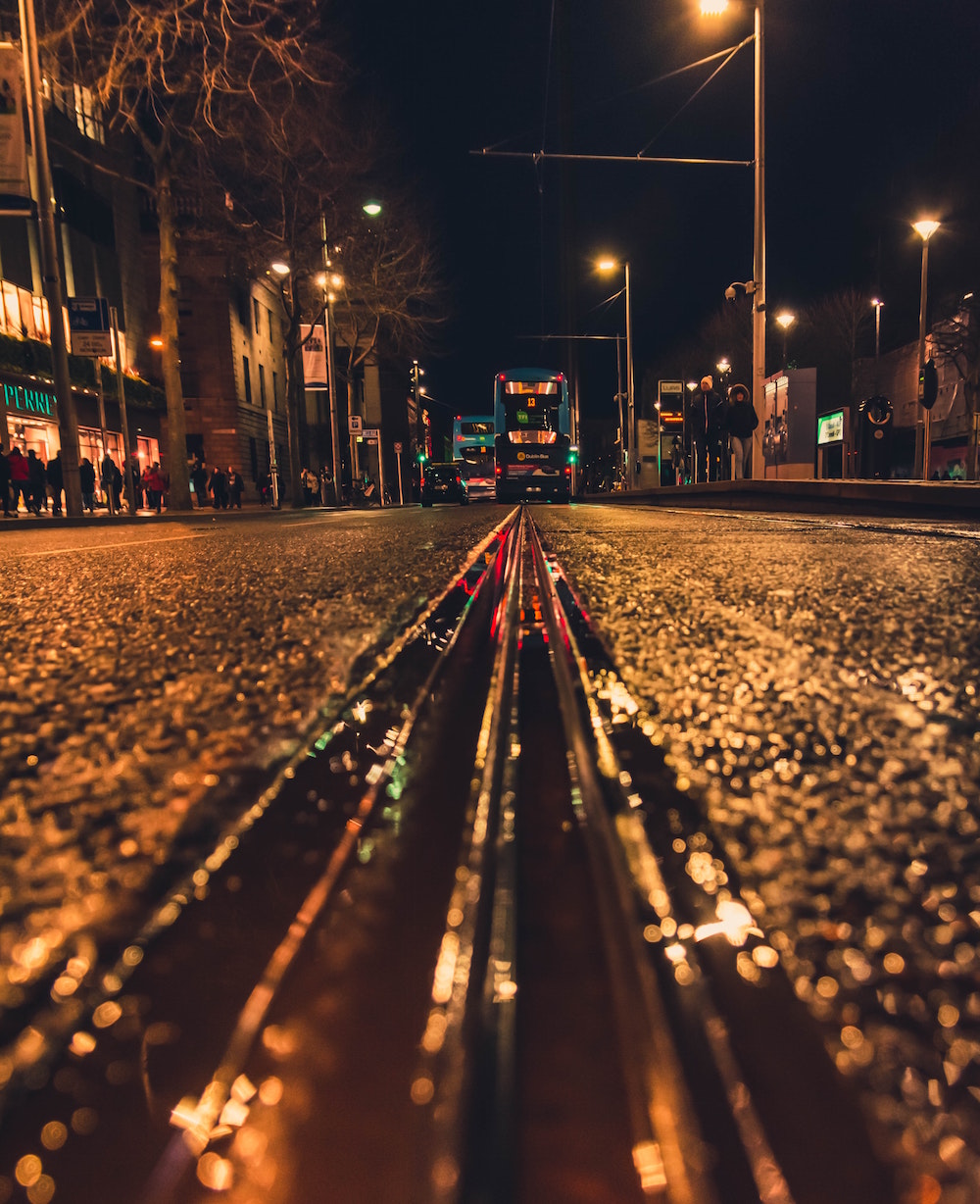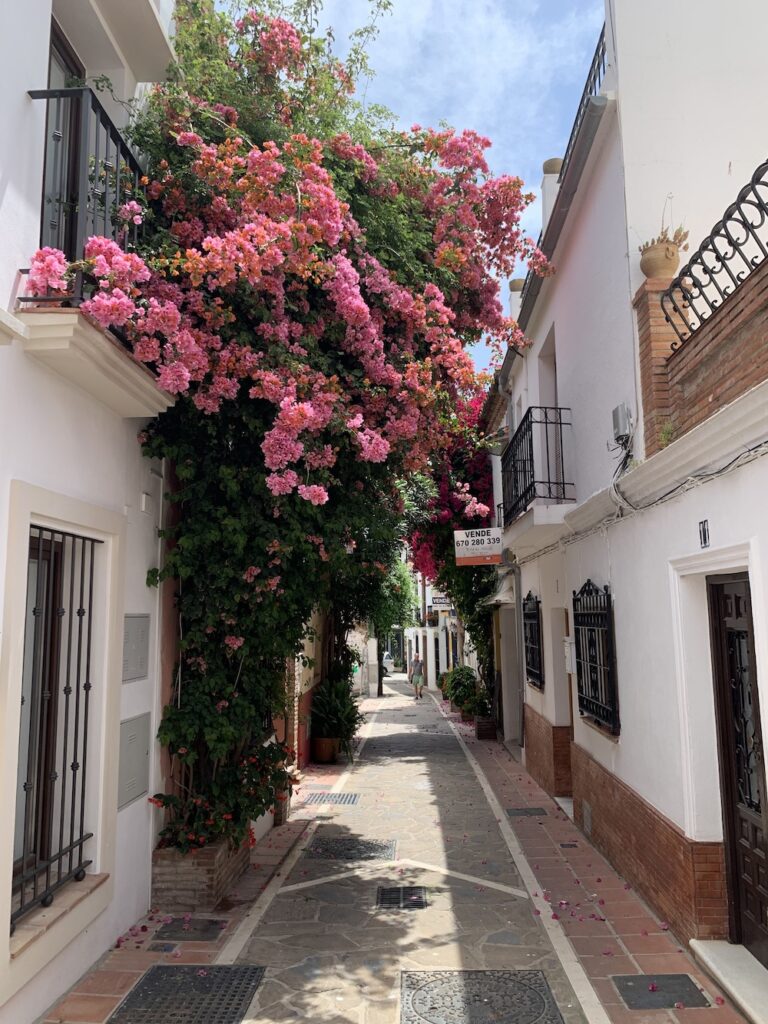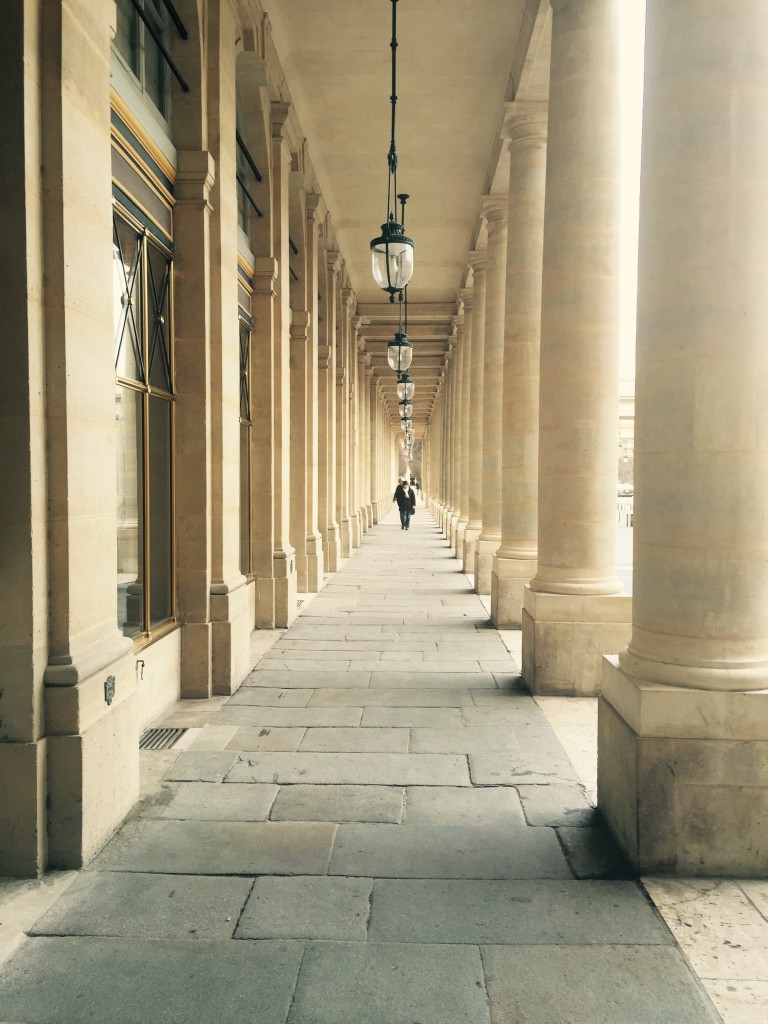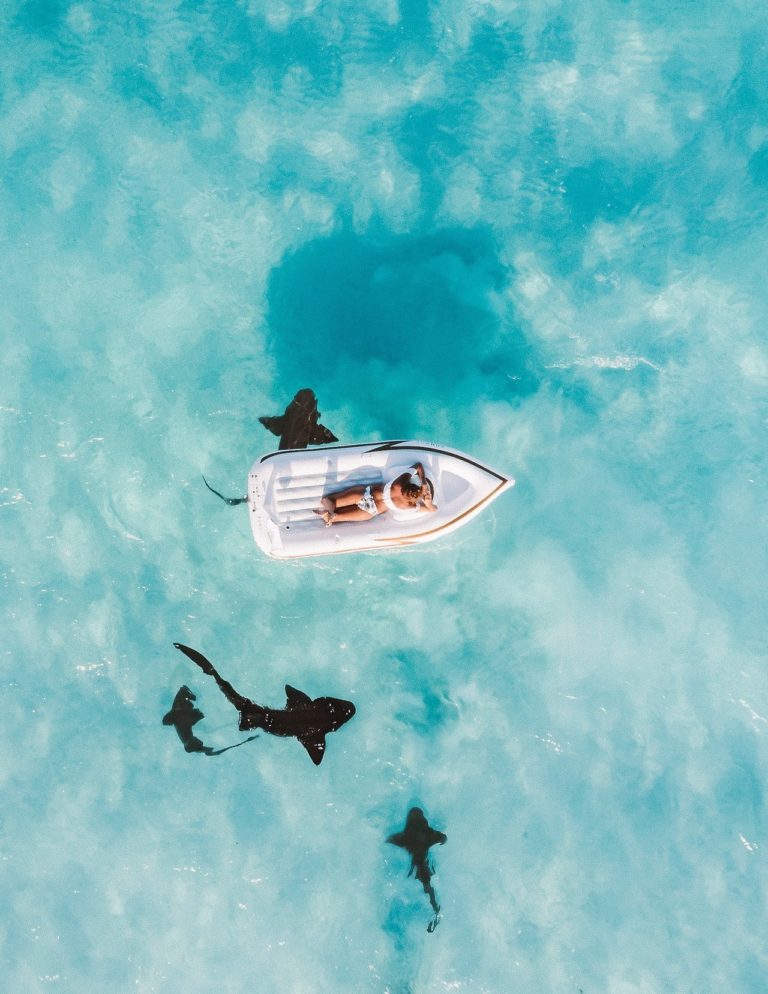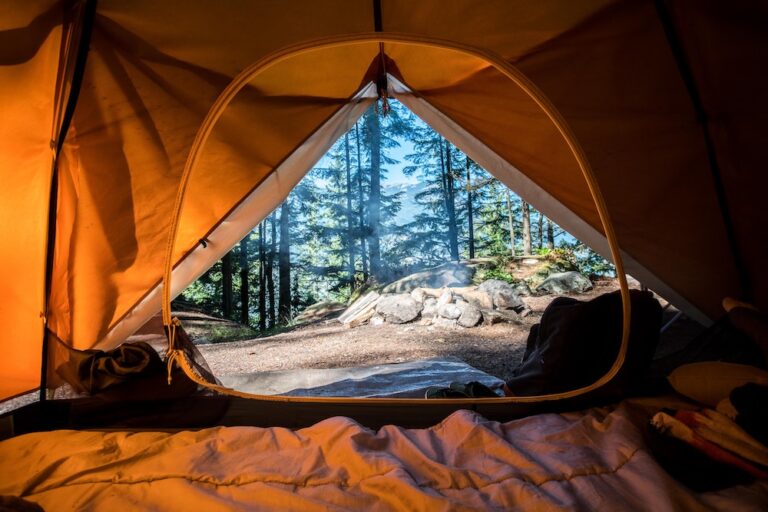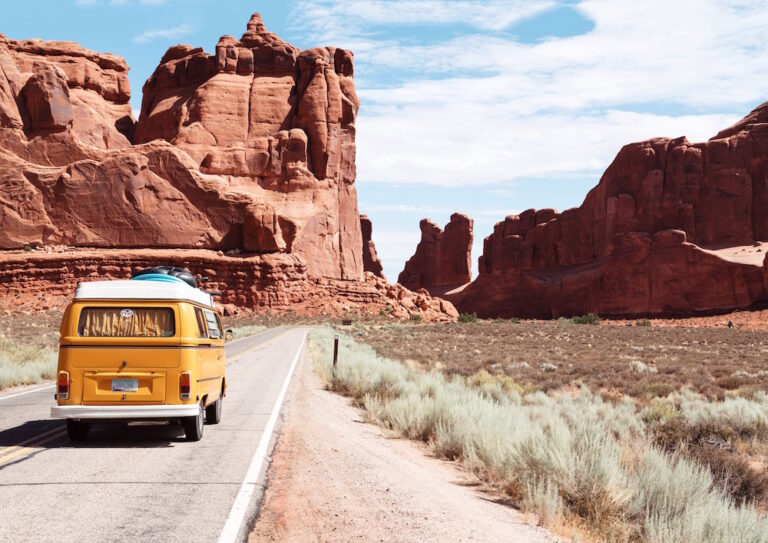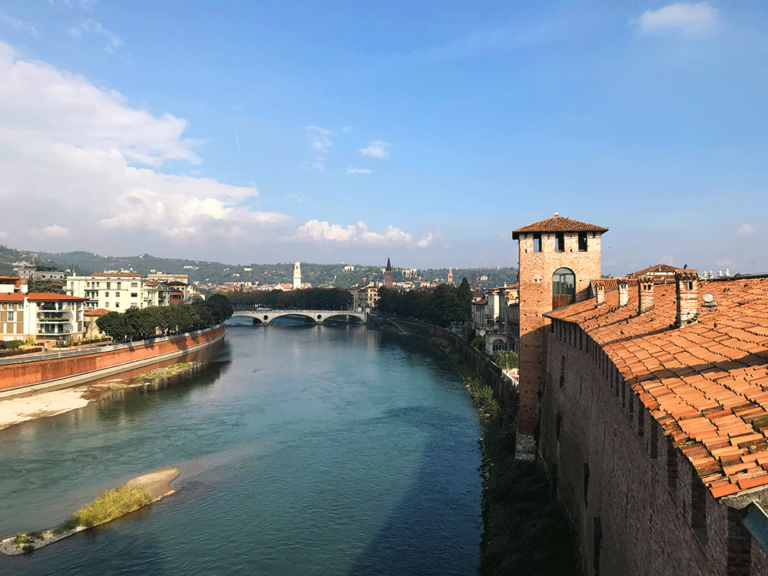Essential Tips When You Travel to Ireland
Ireland, the Emerald Isle, is an amazing place that is full of ancient history and some of the warmest people that you ever meet. Ireland is known to be an all-time favorite for many people. It has friendly locals, rugged and beautiful scenery, and an evolving cuisine that is underrated throughout Europe.
Ireland holds one of the most vibrant cultures in Europe, with years of history from ancient burial grounds to Iron Age fortresses. Ireland also has some of the most beautiful ruins in the world. Ireland is home to thousands of people coming to the country and conquests. From the Celts who created the country’s language, music, and arts. Then, you have the Vikings who raided Ireland but built some of its largest cities such as Dublin.
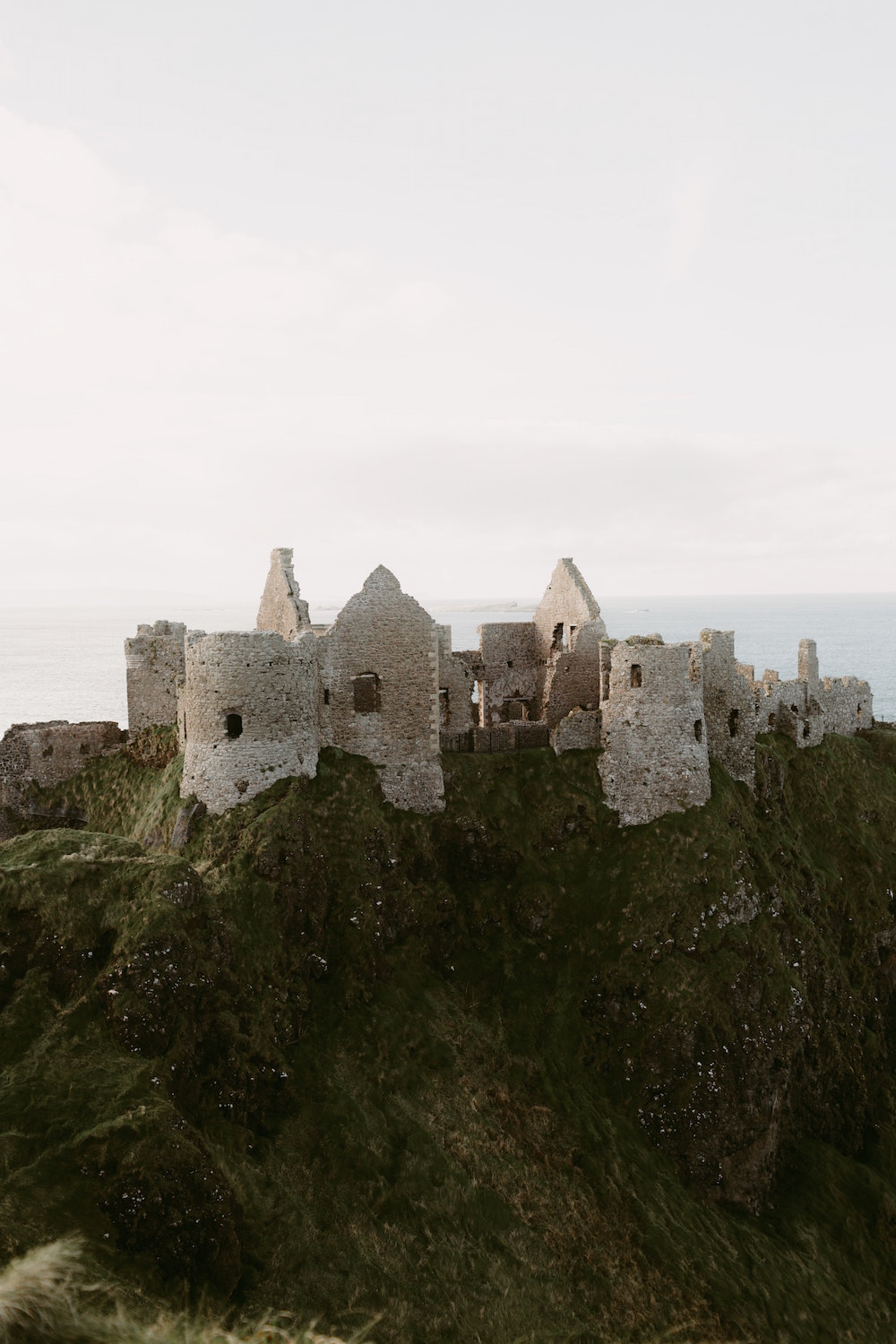
In the time of the Dark Ages, many Irish monks had a huge factor in maintaining the ancient knowledge, locking themselves up in remote monasteries like Skellig Michael, which is now famous from Star Wars, The Last Jedi. Today, years later, after gaining independence from Britain, Ireland is finding its strive as a travel destination. Below are some highlights of Ireland.
Dublin – Dublin, Ireland’s capital, is much more than pub crawls and Jameson Whiskey. It’s also a city of literature thanks to authors such as James Joyce and Oscar Wilde.
Galway – This city is the off-beaten path towards live music in the capital of the west coast. When you visit this place, you can discover traditional Irish music and sample some of Ireland’s world-famous oysters.
Atlantic Way – It’s the longest coastal scenic highway on earth. It’s also one of the best road trips you will ever take. The Atlantic Way has everything from the Cliffs of Moher, surf towns, and fishing.
Cork – Down south, the food scene in Cork should never be missed. The city, farms, and fjords of West Cork are the breadbasket of Ireland.
Northern Ireland – Northern Ireland has finally overcome sectarian violence of the last century to become a significant tourist destination of its own. Northern Ireland has the iconic Giant’s Causeway to the awards winning Titanic experience in Belfast. Lastly, for all the Game of Thrones lovers still out there, it has the real-life Winterfell.
Now that we have gone over the highlights of Ireland let’s dive into what you’re going to need before you visit this beautiful country.
When to Visit Ireland?
The Emerald Isle is green due to all the rain it receives. The Romans called it Hibernia since it seemed like it was winter year-round. Therefore, make sure to bring your raincoat. To play it safe, you should avoid winter entirely and aim for the summertime. During the summer, temperatures will range between 20 and 33 Celsius or 68 to 86 degrees Fahrenheit.
Packing
When it comes to packing, expect weather all year. So, always pack a rain jacket and suitable weatherproof footwear. It’s crucial to bring weatherproof shoes if you’re trying to do any hiking because a little bit of rain can turn the paths extremely muddy. It’s common to see multiple seasons in a day in Ireland. Make sure that when you leave your hotel in the morning, always dress in layers. That way, you can take clothes on and off as the temperature changes.
If you find yourself underprepared, don’t worry. There are plenty of shops in Ireland to find the functional and stylish outwear that you need. Also, don’t forget to bring the proper power adapter. It’s the same one you use in the UK, and it’s different than the one you use in Europe.
Costs and Budgeting
Ireland is technically split into two separate countries. The Republic of Ireland, which is still part of the EU, uses the Euro. Then, you have Northern Ireland, which is part of the United Kingdom and uses the British pound. ATM’s are widely available; credit cards are accepted pretty much everywhere as well. However, some places, such as pubs, will only accept debit cards or cash. An interesting note, although the Republic of Ireland uses Euros, they still use the slang term for pounds. So, people in Ireland still call 20 Euros, 20 quid. Therefore, if you hear people saying 20 quid, it will still mean 20 Euros, even though it’s still referring to 20 pounds.
Daily Budget
Ireland is not a budget-friendly country. It won’t cost you as much as the UK or Scandinavia, but it’s significantly more costly than eastern or southern Europe. Approximately a hundred Euros a day should be a proper budget. If you had to, you could get by with about 75 Euros a day, but you’re going to be pinching pennies. If you want to live it up while you’re on vacation than a one-hundred and fifty Euros a day should be plenty.
Lodging
There is a vast amount of options to choose from in the mid to luxury range, from charming Georgian townhouses to palatial country homes in the countryside. With that said, there isn’t a lot of cheap options. Your basic hostel will cost you 25 Euros. It’s not the worst price, but it’s not as cheap as other hostels around the world.
Food
Food in Ireland will typically cost around 20 Euros for lunch, and slightly more for dinner. Of course, there are fast food options like the rest of Europe from kebabs and curries to the traditional favorite of fish and chips. Furthermore, like the UK, most hotels provide a full Irish breakfast. These breakfasts are very filling and usually come with a vegetarian option as well.
Transportation
Ireland is pretty easy to travel to, and a slow country to get around. Ireland is the home of a budget airline called Ryanair, which has a ton of cheap flights across Europe. Sometimes, these flights are only a couple of Euros. However, you need to be aware of hidden charges and make sure that you’re traveling carry-on only so you can enjoy the benefits of the cheap flight.
It’s also the nearest European Union country to the United States. This means transatlantic flights are typically cheap, especially when you’re using Aer Lingus, Ireland’s national carrier.
In Summary
Hopefully, this blog has got you excited about your next trip to Ireland. This amazing country is sure to leave a lasting impression on you and provide you with memories that will last forever. No matter what you like, there are always fun things to do in Ireland.

